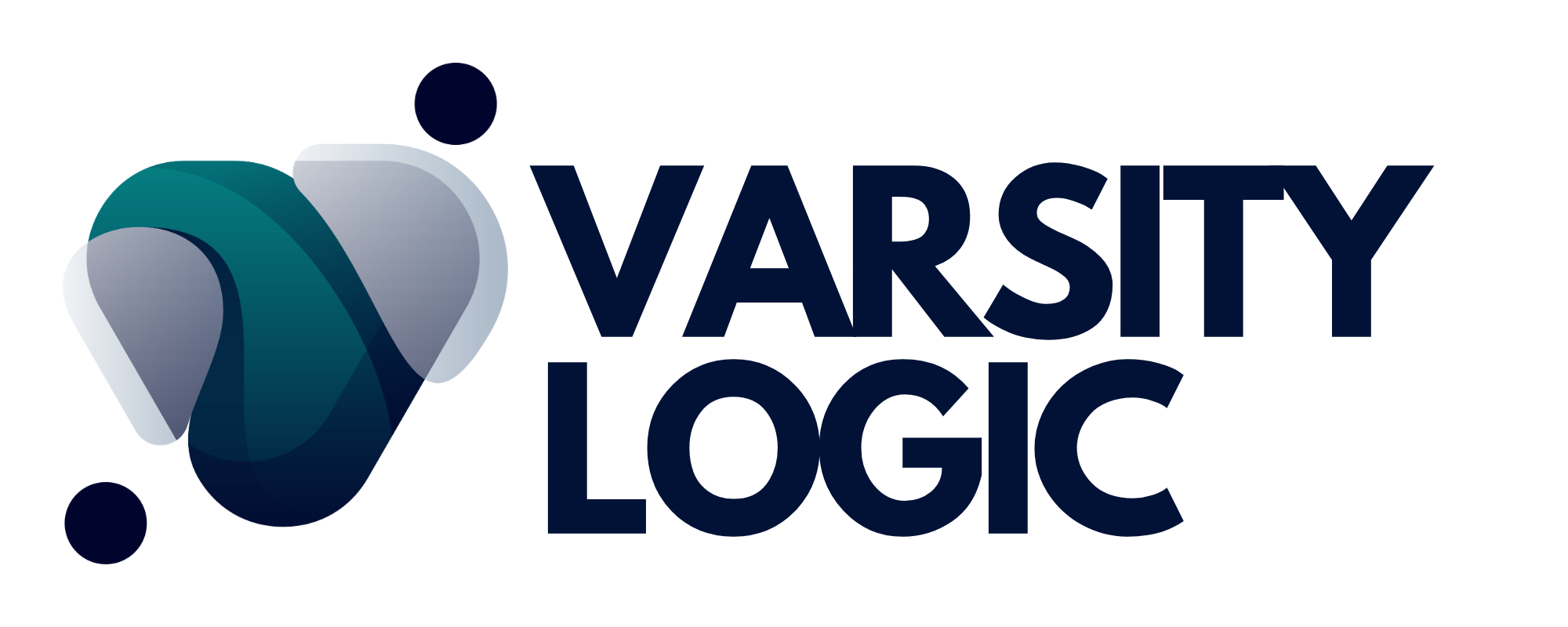The Rise of Coding Bootcamps: Are They the Future of Tech Education?
The tech industry is evolving rapidly, leading many to question the traditional paths to a tech career. Among the alternatives gaining traction are coding bootcamps, intensive programs designed to equip students with practical coding skills in a condensed time frame. But how do these bootcamps compare to traditional computer science degrees?
- Program Duration and Flexibility: Coding bootcamps typically last from three to six months, offering a fast-track route into the tech industry. This contrasts sharply with traditional computer science degrees, which usually span four years. The shorter duration and flexible scheduling of bootcamps make them an attractive option for those looking to quickly pivot into a tech career or enhance their current skill set.

- Curriculum Focus: Bootcamps emphasize hands-on, project-based learning, equipping students with practical skills in programming languages and tools used in the industry. This focus on real-world applications can be advantageous for immediate job readiness. In contrast, traditional degrees provide a broader educational foundation, covering theoretical concepts, algorithms, and data structures that are critical for deep technical understanding.

- Cost and Accessibility: Coding bootcamps are generally more affordable than a four-year degree, making them an accessible option for many. However, the cost can still be significant, and financial aid options vary. Traditional degrees, while more expensive, often offer more comprehensive financial aid and scholarship opportunities.

- Job Market Perception: Employers’ views on bootcamp graduates versus degree holders can vary. Many tech companies value the practical skills and real-world experience that bootcamp graduates bring. However, some roles, particularly those in research or high-level development, may still favor candidates with traditional degrees.

- Networking and Support: Traditional computer science programs often provide extensive alumni networks and career services, which can be beneficial for long-term career development. Bootcamps also offer networking opportunities and career support, but the scope and depth may vary.

In conclusion, coding bootcamps offer a viable alternative to traditional computer science degrees, particularly for those seeking a quick transition into the tech industry. They provide practical skills and immediate job readiness but may lack the depth and broader educational benefits of a traditional degree. Ultimately, the choice between a bootcamp and a degree depends on individual career goals, learning preferences, and financial considerations.




